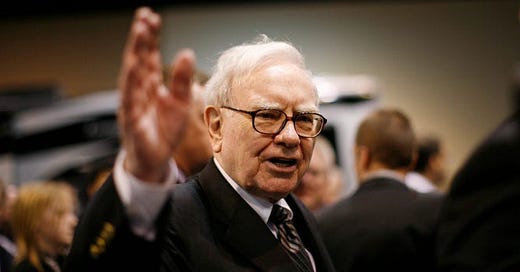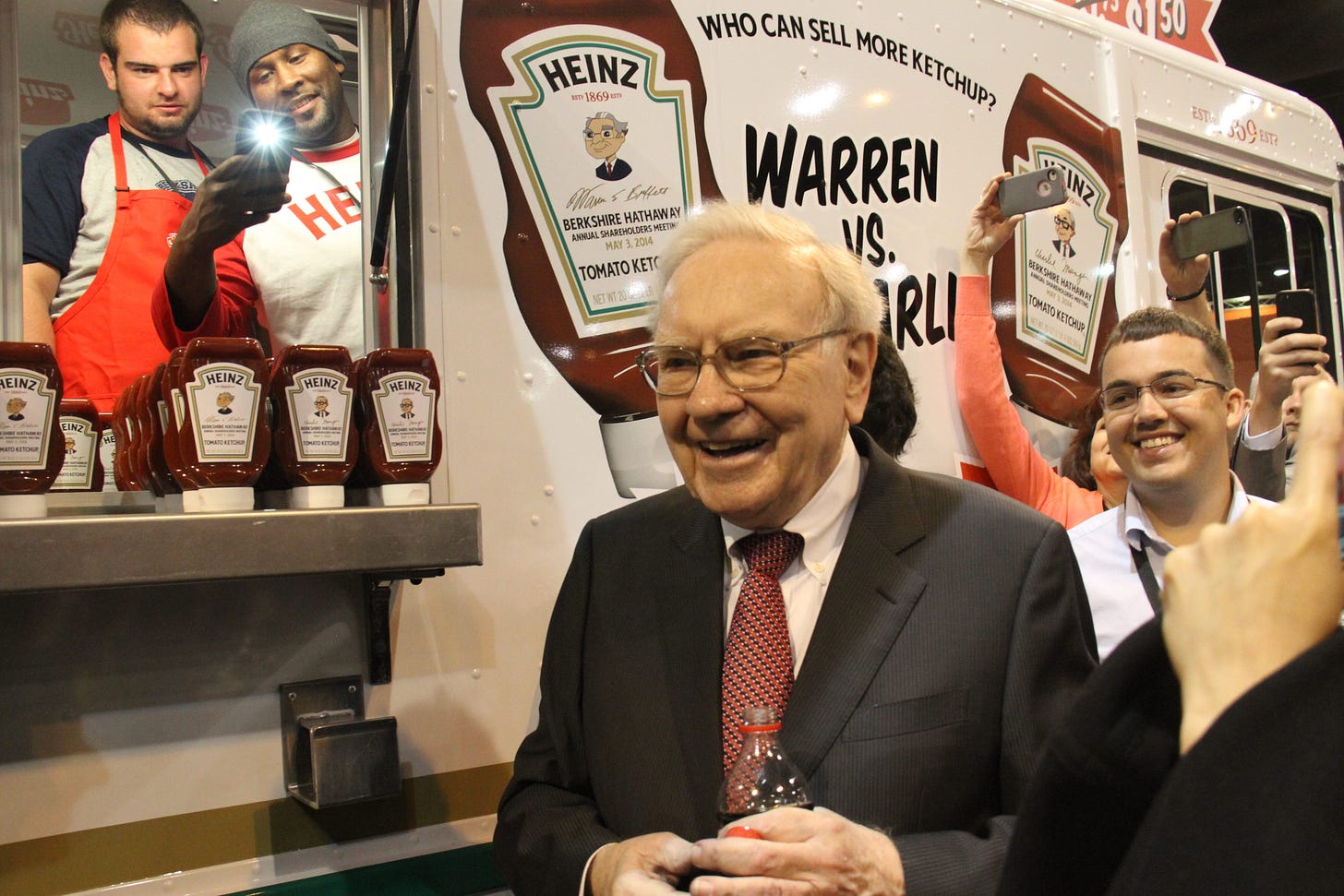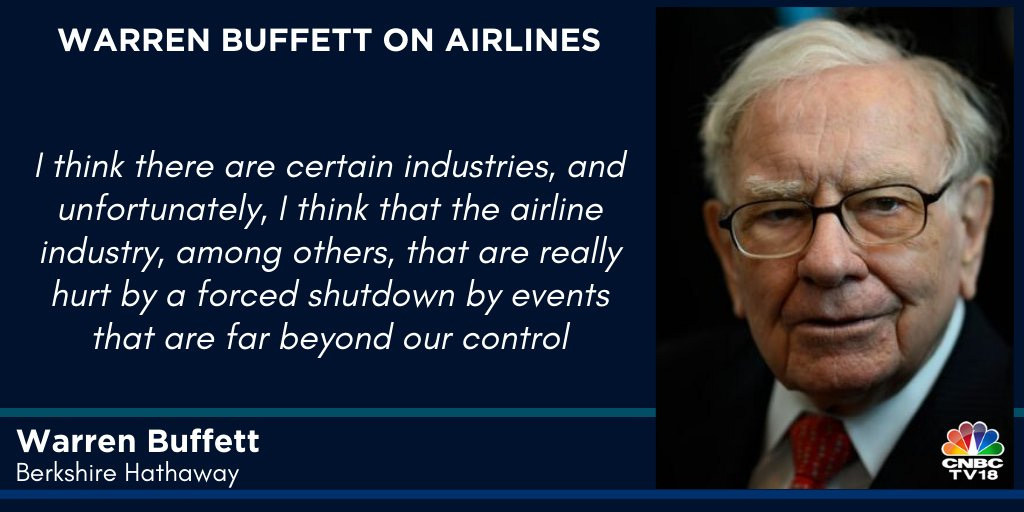The 7 Most Teachable Investing Mistakes Buffett Made Costing Him $8 Billion— And the Overlooked Lessons They Still Hold
World's best investor, Warren Buffett, is known for his immense succes. But, the great Warren Buffet also underwent costly mistakes. Here's what we can learn from these mistakes.
The greatest investor to have ever lived, Warren Buffett, announced on May 3rd that he will step down as CEO of his empire, Berkshire Hathaway.
Warren Buffett inspired investors globally. He empowered investors who are just starting, or seasoned investors who have been in the game since they were in their cribs. With his timeless knowledge and principles, Warren Buffett shaped the future of investing.
During his legacy, Buffett has made the biggest bets known to mankind on companies. Many of these bets played out in Buffett’s favor, but some went horribly wrong.
Here are seven mistakes Buffett made that we can get immense value from as investors.
Lesson #1: Don’t Overpay With Your Best Asset
Buffett didn’t just buy a bad company, and he paid for it with gold.
In 1993, he bought Dexter Shoe using $400M worth of Berkshire stock. Due to foreign competition, the shoe business collapsed within a few years. Meanwhile, the Berkshire shares he gave up compounded into billions. It’s one of his most painful mistakes — not because of what he bought, but what he gave up.
He traded one of the best compounding machines ever... for a dud.
Buffett called it his worst deal ever, not for the loss, but for the opportunity cost.
Protect your best assets — don’t spend them on low-conviction ideas.
Always ask: What else could this capital earn over decades?
When in doubt, pay with cash, not with compounders.
Moats vanish faster than you think; compounding doesn’t.
It’s not just about losses — it’s about what you miss out on.
Lesson #2: Recognize Mistakes Early and Act Quickly
Buffett held onto Tesco too long — and he knew it.
The UK grocery chain ran into accounting and margin trouble. Instead of cutting the loss early, he hesitated. By the time he sold, the loss was over $400M.
His slowness made the mistake bigger than it had to be.
Even legends can freeze when they know they’re wrong.
Minor problems rarely stay small — act fast.
Delay is the most expensive part of a bad investment.
Discipline is cutting your losses when your thesis breaks.
Ego makes you hold; humility makes you exit.
Write down your “sell conditions” before you ever buy.
Lesson #3: Know Your Circle of Competence — And Expand It Wisely
Buffett understood Google’s power — he just didn’t act.
GEICO used Google Ads heavily, and Buffett saw it firsthand. But he stayed on the sidelines, calling it “outside his circle.” Later, he admitted he made a big error by not buying. Sometimes, “I don’t get it” is smart. But sometimes it’s fear in disguise.
Missing isn’t always about ignorance — it can be about hesitation.
Expanding your competence takes courage and effort.
You can’t outperform if you’re always playing defense.
Study tech even if it feels foreign — it drives modern moats.
Don’t let “not my thing” become a crutch.
The circle of competence is not fixed — it should grow.
Reverse-engineer great businesses outside your comfort zone.
If you admire a business but don’t act, ask why.
Lesson #4: Strong Brands Aren’t Always Durable Businesses
Buffett helped engineer the Kraft-Heinz merger, betting on brand power.
He assumed trusted names like Kraft and Heinz would dominate forever. But consumer habits changed, private labels rose, and pricing power faded. In 2019, Berkshire took a $15B write-down on the deal. The mistake wasn’t the brand — it was ignoring shifting customer behavior.
Moats change when the world changes, especially in consumer goods.
Don’t confuse brand recognition with pricing power.
Consumer behavior shifts fast, especially in food & beverage.
Look beyond brand — focus on innovation, relevance, and margins.
Moats must adapt to stay durable.
Past strength ≠ future strength.
Lesson #5: Being Late to a Turnaround Still Carries Risk
Buffett avoided airline stocks for decades — then bought big in 2016.
But COVID-19 crushed the industry in 2020, and he exited fast.
He lost billions, not from ignorance, but from misjudging durability.
Even great businesses get humbled by systemic shocks.
Turnarounds are fragile — external risks hit hardest.
Cyclical industries rarely offer consistent compounding.
Don’t let recency bias override long-term risk memory.
The “I missed the rebound” mindset can be dangerous.
Systemic shocks make even good bets look bad.
Lesson #6: Don’t Let Narrative Override Numbers
Buffett invested over $10B in IBM starting in 2011.
He liked the story: a tech giant pivoting to services and software. But IBM’s fundamentals didn’t match the narrative. Revenue declined, innovation lagged, and the moat eroded.
Eventually, Buffett admitted defeat and sold the stake.
Believing in the pivot doesn’t mean the pivot will work.
A turnaround story is not a turnaround plan.
Study execution, not just intention.
Tech narratives can be seductive — validated with metrics.
Growth markets don’t guarantee growth companies.
Moats decay silently when leaders stop reinvesting wisely.
Lesson #7: Great Companies Can Still Be Missed Opportunities
Buffett watched Amazon for years, admiring Bezos from afar.
He saw its moat in logistics, customer loyalty, and reinvestment. Still, he didn’t buy until much later, long after the big run. He confessed he underestimated the business model’s power. The cost wasn’t a loss — it was missing decades of compounding. Regret isn’t about what you lose. It’s about what you never gained.
Your job is to recognize greatness early enough to matter.
Study companies that compound — even if they look expensive.
Missing a 50-bagger hurts more than losing 20%.
Great CEOs with clear visions are rare — bet big when you find them.
Reinvesting in flywheels is hard to value, but worth it.
Track companies you admire — and be ready to act next time.
Now you’re ahead of the rest.
How? Because you know what mistakes the greatest made and what we can take away from this. This sets you apart from all the other investors. Add this to a timeless principles system, and you will be undefeatable in the game.
Since you made it this far, I've got something just for you. 👇🏻
Apply what you’ve learned here with this 7-principle system, and you’ll be unstoppable!
Are you ready to take it to the next level?
Consider becoming a part of the FluentInQuality community.
We’re all about investing in the best companies, run by the best leaders, that compound shareholder wealth over the long term. Everyone in the community is waiting for you to join.
Think about it, sleep on it, and come back here whenever you’re ready!
(With just one month of dividends, you’ve made the monthly subscription back. It’s a no-brainer at these prices.)
PS…. if you’re enjoying FluentInQuality, can you take 3 seconds to refer this edition to a friend? It will go a long way in helping me grow the newsletter (and bring more quality investors into the world). Whenever you get a friend to sign up using the link below, you will be one step closer to some fantastic rewards.
Lastly, I would love to hear your input on how I can make FluentInQuality even more helpful for you! So, please leave a comment with:
Ideas you’d like covered in future posts.
What are your takeaways from this post?
I read and respond to every comment! :-)
And remember…
Great investments don’t shout—they compound quietly.
- Yorrin (FluentInQuality)
Disclaimer
By accessing, reading, or subscribing to my content—whether on Substack, social media, or elsewhere—you acknowledge and agree to my disclaimer. Read the full disclaimer here.













